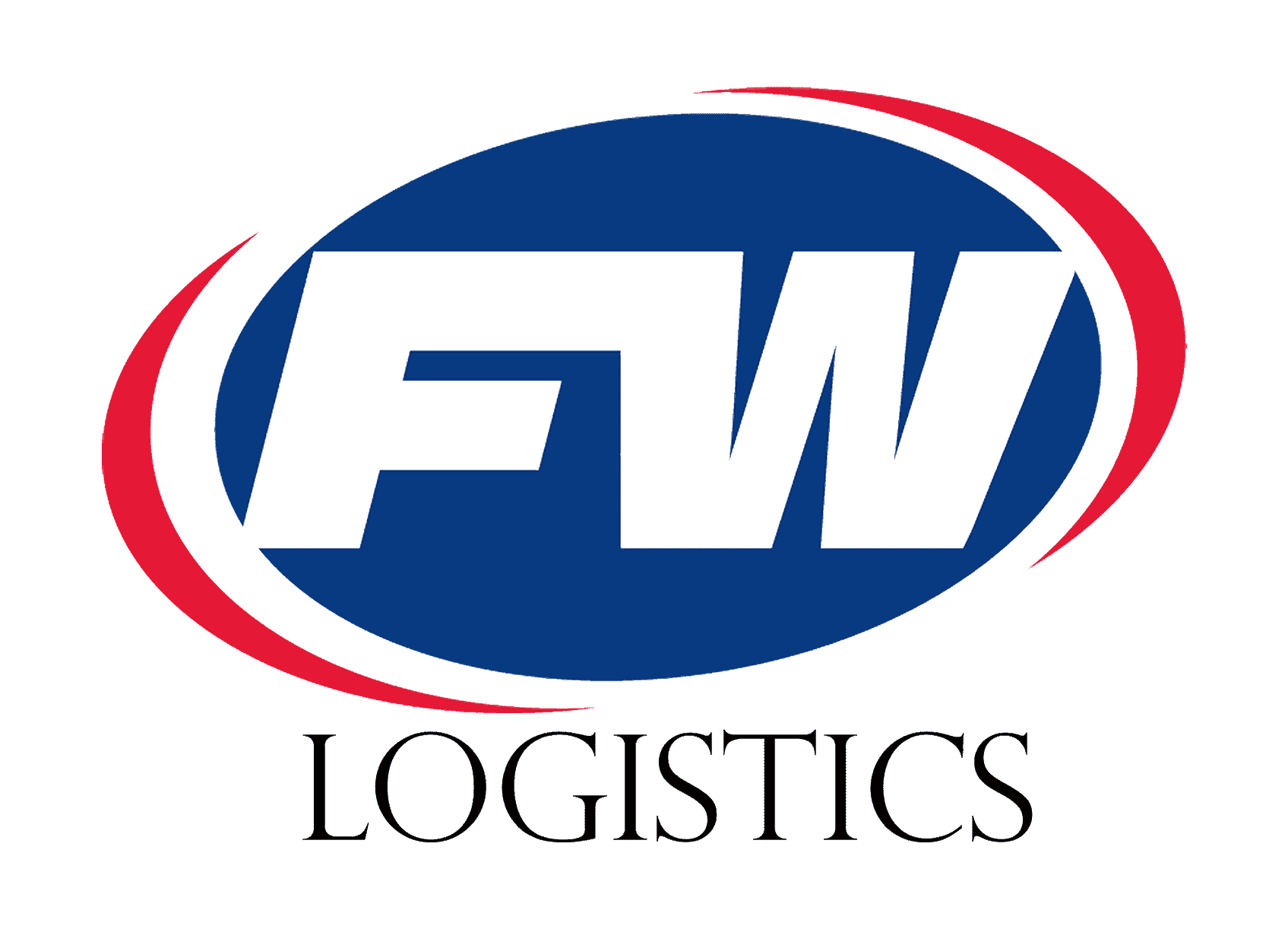
In the dynamic business world, it’s essential to understand the distinctions between various logistics providers, specifically 4PL and 3PL providers. Both types play critical roles in supply chain management but offer different services and levels of control.
Role of Logistics in Supply Chains
Logistics plays a critical role in supply chain management by overseeing the entire process of planning, implementing, and controlling the efficient flow and storage of goods, services, and related information. Some key responsibilities of logistics in the supply chain include:
- Transportation management: Organizing inbound and outbound transportation of goods via air, road, rail, or sea
- Warehousing and inventory management: Managing storage and flow of inventory at distribution centers and warehouses
- Order processing and fulfillment: Receiving, tracking, packing, and shipping customer orders
- Reverse logistics and returns: Managing the return of unused, damaged, or defective products
- Network optimization: Designing distribution networks and routes to maximize efficiency
By coordinating these complex operations, logistics aims to provide the right product, in the correct quantity, to the right place, at the right time, in the most cost-effective way possible.
The Evolution of Supply Chain Providers
Over time, supply chain management has evolved from a purely in-house function toward increased outsourcing to external logistics service providers. There are now several tiers of supply chain providers:
- 1PLs: Asset-based carriers that own and operate transportation fleets
- 2PLs: Non-asset-based carriers acting as freight brokers or intermediaries
- 3PLs: Third-party logistics providers offering basic warehousing and transport services
- 4PLs: Advanced supply chain solution providers managing multiple 3PLs
As supply chains become more global and complex, shippers have turned to external specialists like 3PLs and 4PLs to leverage their expertise and technology in coordinating logistical activities.
Comparing 3PL and 4PL Providers
Main Features of 3PL Services
A third-party logistics (3PL) provider is a specialist firm that provides outsourced logistics services to shippers and businesses. Typical services offered by 3PLs include:
- Warehousing and distribution
- Transportation management (air, ocean, rail, road)
- Freight forwarding
- Reverse logistics and product returns
- Order fulfillment and e-commerce distribution
- Cross-docking
- Packaging
3PLs allow companies to offload basic supply chain activities so they can focus on core business. They provide flexibility and scale that is hard for shippers to match independently.
Advantages of 3PL Partnerships
3PL Partnerships can be more suitable for companies looking for specialized and flexible solutions. Other advantages include:
- Cost Savings: By leveraging economies of scale, specialized infrastructure, and existing volume discounts, 3PLs reduce expenses associated with logistics activities.
- Flexibility: Services can be customized across warehousing, inventory management, order processing, transportation, and more.
- Advanced Technology: 3PLs invest in transportation management systems (TMS), warehouse management systems (WMS), tracking tools, analytics, and more.
- Industry Expertise: Experienced logistics professionals design efficient distribution networks, optimize routes and loading, negotiate rates, ensure compliance, and more.
This ability to cost-effectively outsource critical but non-core supply chain functions provides tremendous strategic and financial benefits for companies utilizing 3PL services.
4PL Providers
Fourth-party logistics providers offer value in these key areas:
- End-to-End Account Management: 4PLs function as the central point of contact for managing all third-party providers.
- Global Coordination: They seamlessly integrate systems, providers, and workflows across regions.
- Executive-Level Expertise: Strategic guidance for optimization from executive-level supply chain experts.
- Advanced Technology: Leveraging control towers, predictive analytics, machine learning, and AI to enable smarter supply chain planning and execution.
Challenges of 4PL Providers
However, some risks associated with 4PL providers include:
- Less Control: The customer has less direct control or ownership of logistics assets.
- Partnership Dependence: Heavy reliance on a single management provider.
- Implementation Timeline: Developing integrated IT infrastructure with 4PL can take 9+ months.
- Upfront Investment: Potential locks into contractual fees independent of short-term savings.
Therefore, companies should carefully evaluate if the advanced level of integration and coordination from a 4PL matches their budget, timelines, and risk tolerance.
Scaling a business can be a pretty daunting task, especially in the early stages of growth. Read this article to get up to speed on how 3PL providers can scale your business to meet the needs of your expanding company.
Key Differences Between 3PL and 4PL
At a high level, 3PL providers directly offer specific transportation, warehousing, distribution, and fulfillment services to customers. 4PL providers coordinate these same services across multiple specialized 3PL vendors on the customer’s behalf from an overall project management role.
To understand this further, 3PL services may include:
- Domestic & international freight transportation
- Warehousing and inventory storage
- Kitting and product assembly
- Packaging, labeling, refurbishment
- Online order processing and management
- Direct-to-consumer parcel shipping
- Reverse logistics and returns
A 4PL provider would arrange and optimize these services across the customer’s existing carrier contracts and multiple warehousing locations. This top-down view aims to improve process flow, increase asset utilization, and reduce costs.
Third-Party Tools vs. Integrated Solutions
From a technology perspective, 3PL relationships generally involve loosely connecting the provider’s specialized software tools to the client’s existing infrastructure. So a separate transportation management system links with the ERP, routing guides from the warehouse management system connect with order processing tools, and so on.
Alternatively, a 4PL provider would pursue tighter technology integration, bringing together workflows between systems through an interface layer or unified dashboard. This single pane of glass increases visibility and coordination. However, it requires greater effort and partnership between the customer and 4PL.
Level of Control and Involvement
When outsourcing to a 3PL provider, companies still retain control over transportation contracts, warehouse selection, labor decisions, and technology budgets. The 3PL provides a flexible capacity to execute based on the strategy and direction established by the client.
With a 4PL, customers essentially hand over the reins of management and execution for logistics activities based on predefined budgets and service levels. This frees companies to focus on core competencies but provides less direct oversight, requiring trust in the 4PL’s guidance.
Factors to Consider
When choosing a partnership, consider these factors that can impact your business in the short and long term:
Business Size and Needs
Small firms with limited logistics needs often prefer working with a 3PL for flexibility and cost savings. Larger firms may leverage a 4PL provider to coordinate logistics across divisions and orchestrate multiple 3PLs, or choose to scale their 3PL services with a singular entity.
Geographic Scope and Expansion Plans
For businesses operating in a single region, a regional 3PL may suffice. Global companies can benefit from a 3PL with expansive capabilities or a 4PL with control towers providing visibility as they enter new markets worldwide.
Level of Customization Required
Shippers wanting customized services aligned closely with business objectives can benefit more from a 4PL than a traditional 3PL offering fixed service packages.
Simplify Your Supply Chain With 3PL Providers Like Fresh Warehouse Logistics
FW Logistics has the expertise you are looking for from a 3PL service. Our team can tackle your supply chain pains, allowing you more time to focus on the things that matter. Don’t let your business fall behind. Contact FW Logistics today for a free consultation.

